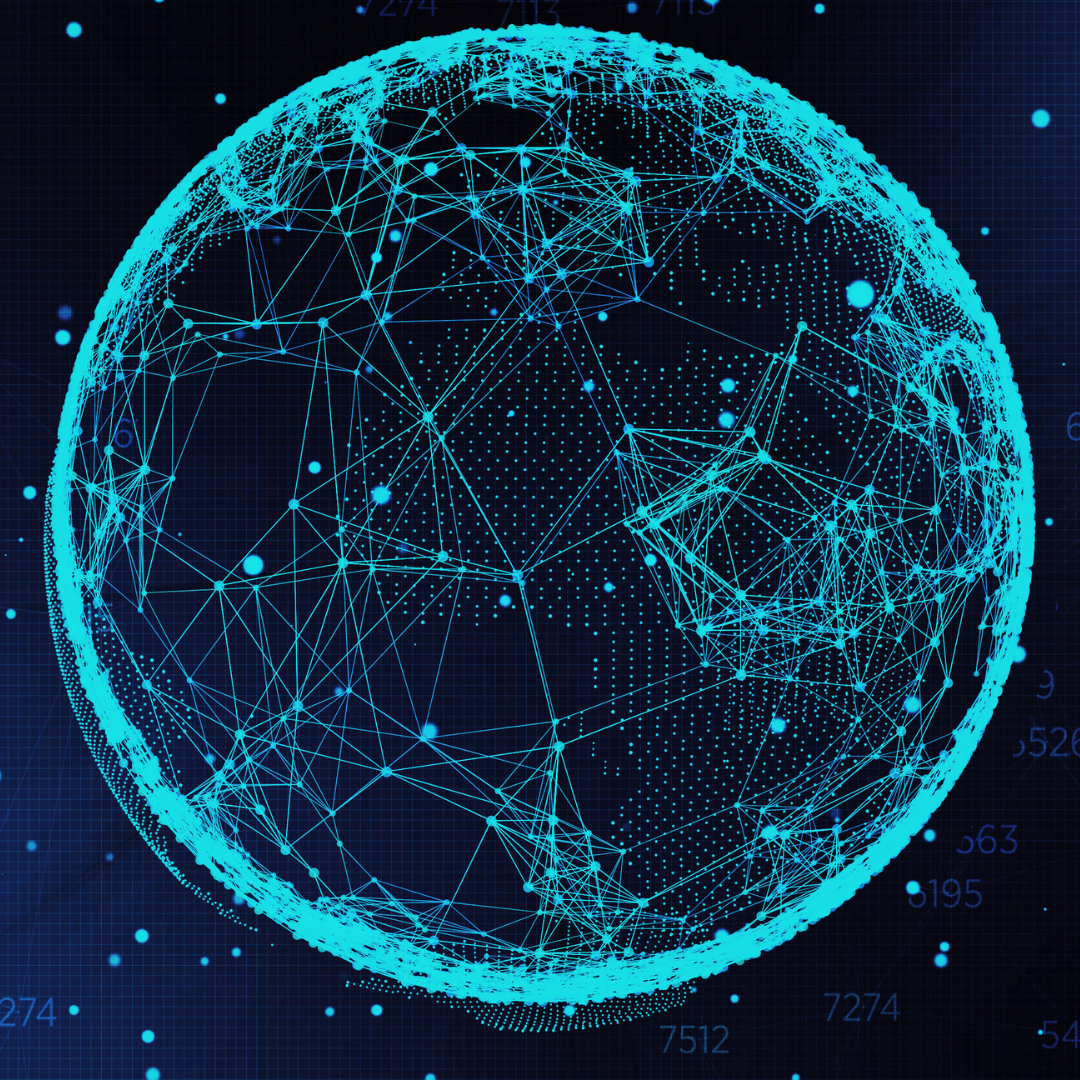Technology has changed the world in so many ways and it’s hard to believe we’re still here creating new products. In this article, find out what some of the biggest changes have been.
1. The Invention of the Wheel
The invention of the wheel has altered the way humans live and worked for centuries. It has allowed for transportation, which has led to trade and commerce. It has also allowed for the rise of civilizations, as people were able to move greater distances than ever before.
The wheel was first invented in Mesopotamia about 6,000 years ago. At first, it was used only by the wealthy elite, as it was too expensive for the average person to use. However, over time, the wheel began to be adopted by the general population. This is because it made transportation cheaper and easier, allowing people to travel farther and meet new people.
One of the most important things that the wheel has done is allow for trade and commerce to flourish. Without wheels, it would have been much more difficult for people to travel long distances and meet other groups of people. As a result, trade between different cultures would not have happened as easily.
Furthermore, the wheel has also allowed for civilizations to form. Before the wheel was invented, it was much more difficult for people to move around large cities. With wheels, however, cities could be created much more easily and quickly than before. This led to increased social interactions and communication between different groups of people.
2. Writing (The Alphabet)
Technology has changed the world in so many ways. One of the most notable changes has been the way we write. Technology has made it easier for people to communicate and share ideas. It’s also helped us learn new things and explore the world around us.
When people first started using writing, they had to use symbols to represent sounds. Over time, people developed alphabets that represented letters instead of symbols. This allowed people to communicate with each other more easily.
Today, technology continues to change the way we write. There are now computers that can understand and process written words. This means that writers can create documents and emails without having to worry about formatting or grammar mistakes.
Overall, technology has changed the way we write and communicate. It opens up so many opportunities for us to learn new things and connect with others around the world.
3. Timekeeping Technology Device (Clock)
Timekeeping technology devices have evolved over the years to become more accurate and convenient. In ancient times, people would use sundials or water clocks to time events. Later on, mechanical clocks were developed, which could be automated so that they would keep time without human intervention. Today, there are a variety of different types of clocks available, each with its own unique features.
One of the most common types of clocks is the pendulum clock. Pendulums rely on gravity to keep time, and they can be easily adjusted to keep accurate time. Another type of clock is the quartz clock. Quartz crystals are used as oscillators to keep time, meaning that they don’t need any external power source to function. There are also digital clocks that use battery power or a power outlet to stay accurate. And finally, there are atomic clocks that use radioactive elements to keep time accurate.
4. Printing Press (Paper)
Printing presses have a rich history spanning centuries, witnessing remarkable transformations over time. Originating as rudimentary water-powered machines utilizing large sheets of paper to imprint text or images, printing presses have evolved into sophisticated apparatus capable of printing multiple pages simultaneously.
Among the pivotal advancements in printing press technology was the advent of movable type. This revolutionary innovation revolutionized printing, enabling swift and efficient reproduction of extensive texts. It facilitated the mass production of newspapers and magazines, streamlining processes that were once laborious and time-consuming.
Present-day printing presses epitomize unparalleled efficiency and versatility. They boast the capability to imprint on diverse materials, ranging from traditional paper to modern plastics. Leveraging digital printing technology, contemporary presses can produce high-resolution images and multimedia content with exceptional precision and clarity.
For instance, individuals and businesses seeking banners, booklets, postcards, envelopes, flyers, labels, and more, can conveniently locate reputable shops offering comprehensive printing solutions in Alsip, IL, or other locations. This seamless integration of traditional craftsmanship with cutting-edge technology often underscores the enduring relevance and adaptability of printing presses in meeting the evolving demands of modern society.
5. Nuclear Energy
Nuclear energy stands as a groundbreaking force that has transformed the world, offering a remarkably efficient and economically viable means of electricity generation. Unlike conventional energy sources like coal, nuclear power operates as a clean and eco-friendly alternative, devoid of the harmful emissions that plague the atmosphere. At the heart of nuclear power plants lies nuclear fuel, primarily derived from Uranium Mining sites. Through a process of enrichment, this uranium is refined and subsequently utilized within the power plant. Here, its immense potential is harnessed to heat water, setting in motion the rotation of turbines that ultimately results in the prodigious generation of electricity.
In conclusion, technology has left an indelible mark on the world, reshaping our lives in ways we could never have imagined. As we look back at these remarkable advancements, we can only wonder what the future holds. For technology continues to evolve, transcending boundaries and pushing the boundaries of what is possible. The world has changed, and it will undoubtedly continue to change, but one thing remains certain – the unrelenting pursuit of innovation will forever shape the course of humanity, leaving a profound and lasting impact on generations to come.

